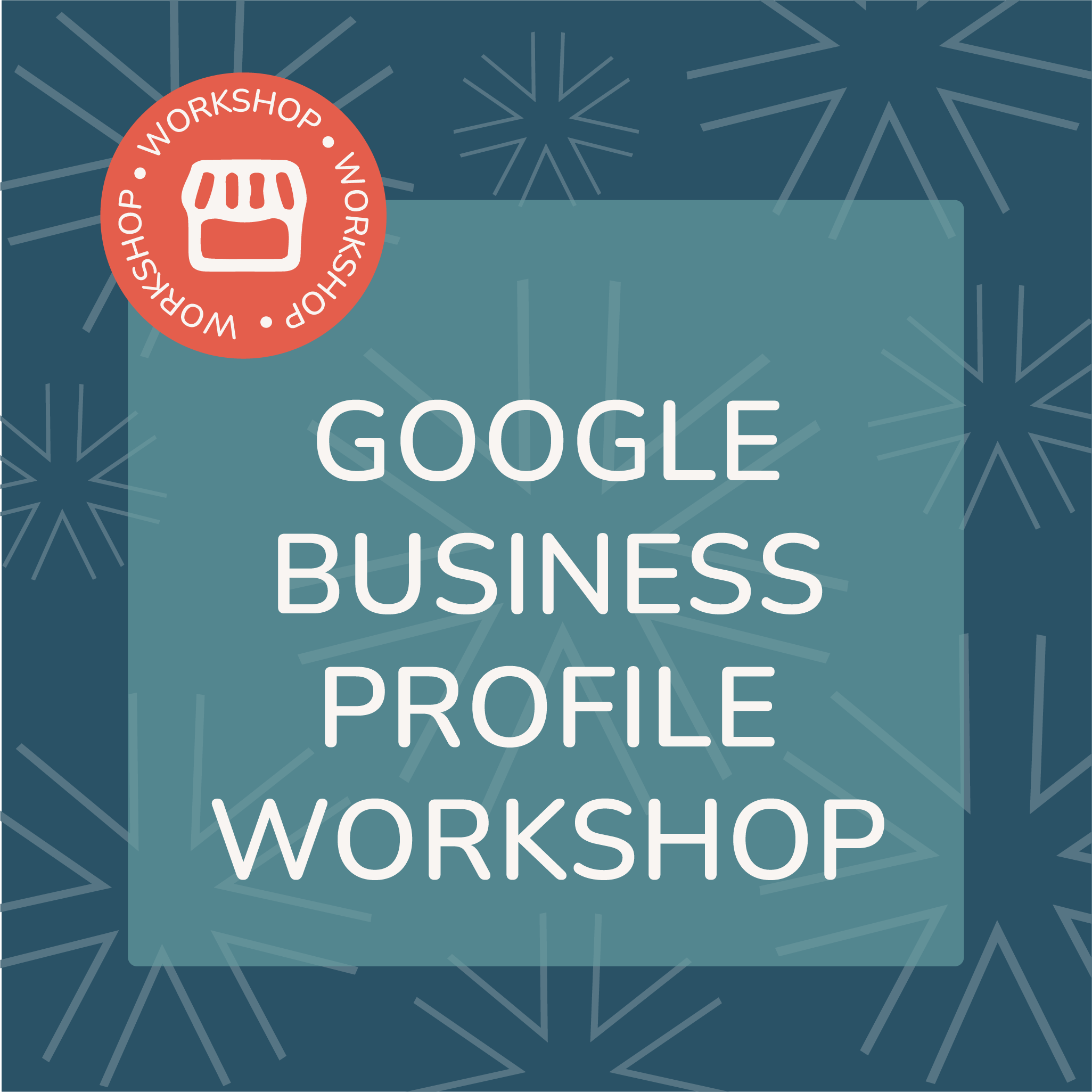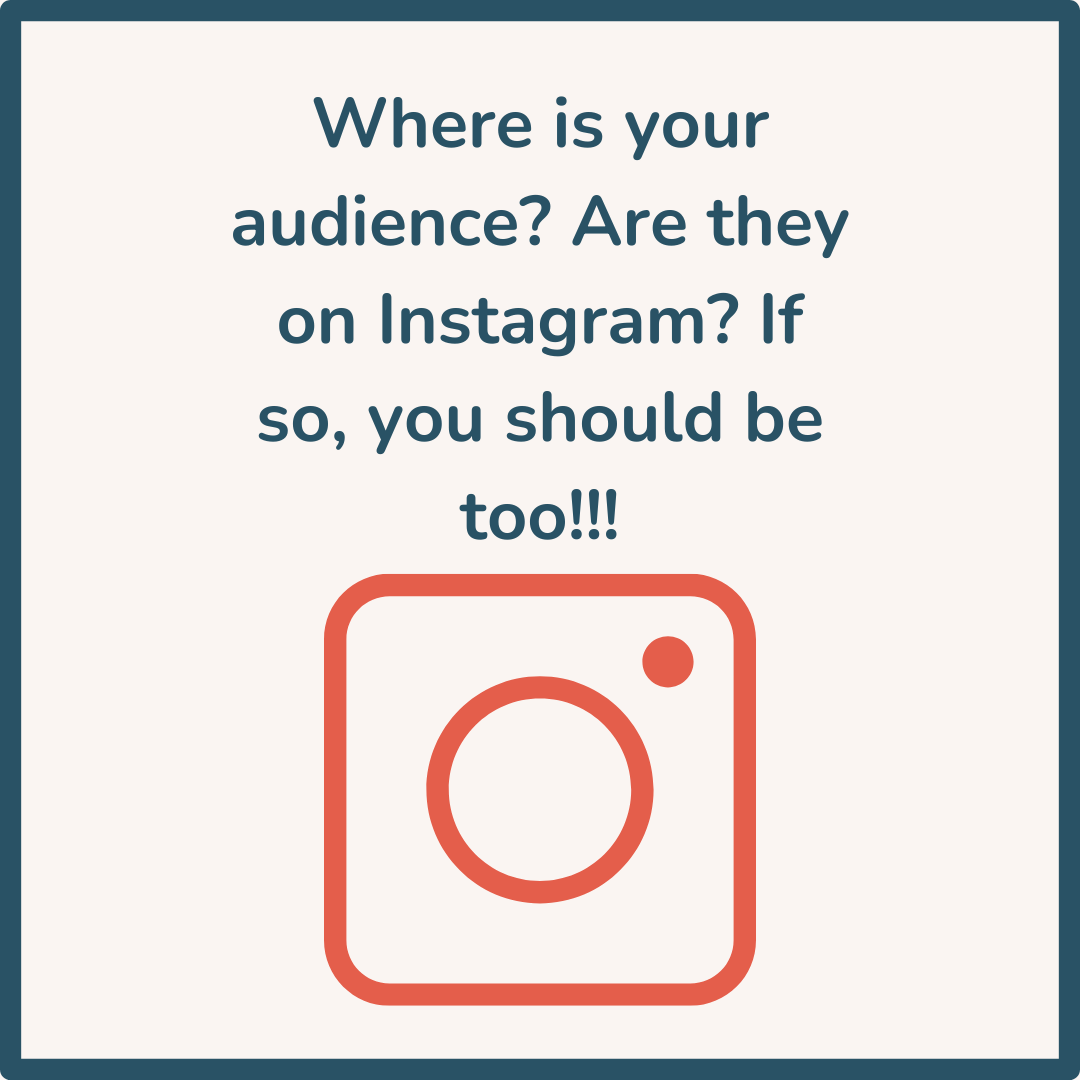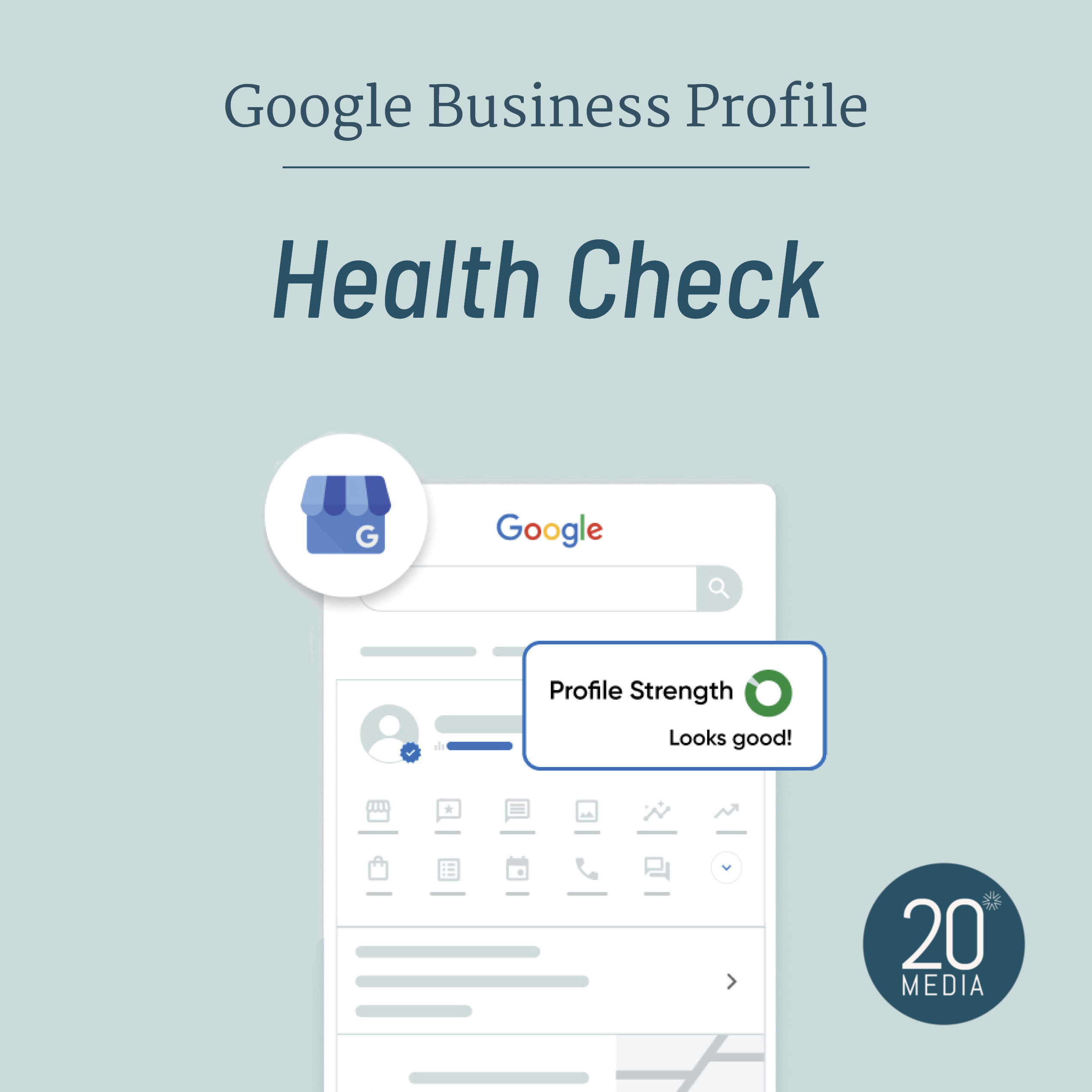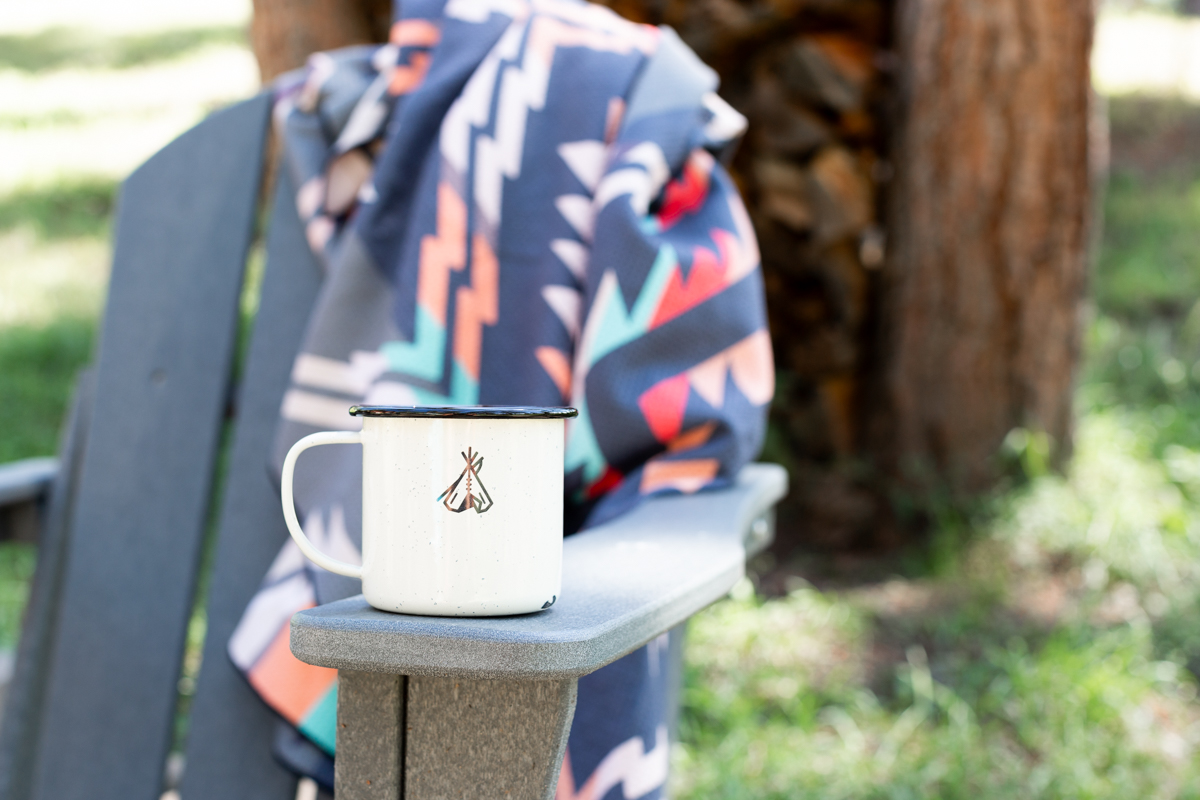
Social media is an extremely effective tool for brands to reach out to their audiences with, but it’s also a way for us to connect with our friends and family. This can easily lead to some confusion on how to balance our accounts on various social media platforms, and whether or not we should even have a personal profile if we’re already running one for our business. There was a similar dilemma our own founder considered, so it’s an issue that we know well. Through analyzing your brand and how you factor into it, it becomes much easier to find a way to balance your profiles across social media and how to keep in touch with both your professional and personal life.
The first aspect you may want to consider is whether or not you are the name or face of your brand. If that’s the case, it’ll be within your best interest to make that name the same as your social media profile, as that’s what your audience is going to associate with your business. We get that it can be daunting to put yourself at the forefront of that, and that it might seem like you’re giving up your chance to have a private profile, but that doesn’t have to be the case. You can still run a private account, perhaps under a nickname or your maiden name, that you can then use more freely.
To better illustrate how this situation might look in practice, here’s how our founder handled the naming of her accounts.
Mindy Lundy houses her personal brand as well as Native awareness
website www.mindylundy.com
Facebook: Mindy Lundy
Instagram: @mindlundy

20Degrees Media is our company brand
website: www.20degreesmedia.com
Facebook: 20Degrees Media
Instagram: @20DegreesMedia

Last but not least Mindy then has a personal Facebook account that is reserved for friends and family, allowing a balance between work and life.
Something to keep in mind is that the business name should be the same across all accounts and if it’s being shortened, it’s highly important that your audience knows why. A recent example of this is REI’s #OptOutside, which had a large campaign to notify their audience what they wanted to be tagged as. If the name starts showing up differently across multiple platforms with no clear reasoning, there can be a severe disconnect between yourself and your followers.
You may also want to consider what social media platforms your target audience is using, and prioritizing those to have your business profile on. If they’re not on Instagram for example, then you won’t have to worry too much about two different accounts conflicting on the same platform. However, you’ll need to consider how many accounts you’re prepared to balance. If you’re running two profiles each on multiple platforms, it can start to become overwhelming. An Instagram post scheduler can help with this though, as you can set up posts to be uploaded in advance. Still, it may be better to prioritize growing a handful of profiles at a time rather than spreading yourself too thin.

You may be asking yourself why it’s important to differentiate your business from your personal profiles on social media platforms. Namely, it’s going to affect how your audience views your brand as a whole. If they’re expecting a certain level of professionalism, seeing you eating out with friends isn’t going to get that message across. This isn’t to say that your personal account should be a perfect reflection of your business, but it’s important that they’re within the same alignment. The last thing you want to do is confuse your audience by spreading different messages across several platforms.
Social media is both a tool to reach your audience and a way to present your brand to the world. While it’s important to maintain your core values in your feed, there’s no harm in having some fun. Utilizing temporary posts like stories is a great way to show your character and add an extra dose of personality into your profiles. In our own founder’s words: feel free to be human!







































